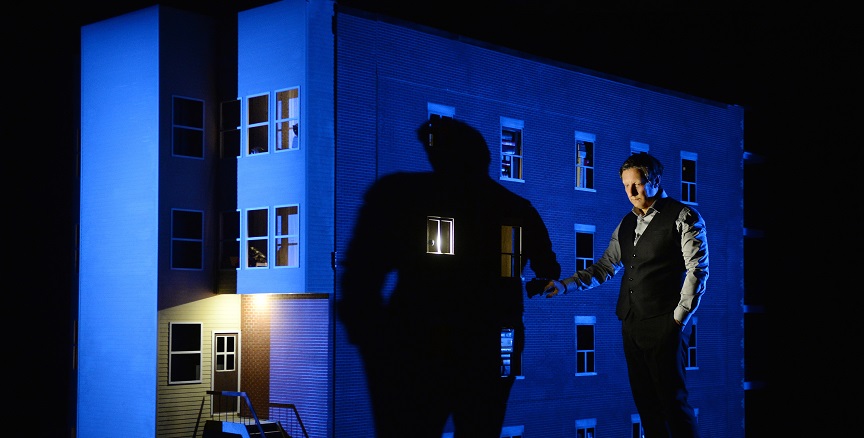July was a cruel month for theatre. Two of Robert Lepage’s shows were cancelled: SLAV, while in production in Montreal, and Kanata, a collaboration with Ariane Mnouchkine’s Théâtre du Soleil in Paris, in advance. The issue was cultural appropriation. SLAV dealt with U.S. slave culture, Kanata was on white-Indigenous relations. Neither featured Black or Indigenous artists.
I was personally saddened by Kanata’s cancellation. I saw Mnouchkine’s show, 1789, in Paris in the 1970s and it changed my life. It’s indescribable, but led to much of my own work in theatre. (There’s a hint of it in a scene about storming the Bastille on YouTube.) This would’ve been the first time someone else directed her company, an immense honour.
The protesting artists were generally not vindictive, censorious, nor intent on prohibition. Abenaki director Kim O’Bomsawin said, “We had no interest in (Kanata) being cancelled … we’ve been censored for 400 years. We want your play to shine” — but with Indigenous involvement. (Academics seemed less generous. “Thrilled Kanata is cancelled,” wrote one.)
But “consultation” isn’t enough. It’s fine, especially if you’re paid, but it’s not joint control. Even collaboration would’ve likely led to insoluble conflict. Lepage and Mnouchkine do piles of research, but Indigenous director Margo Kane — who was consulted — told Lepage to “shelve” his show after sitting in on interviews with Indigenous people in Vancouver.
“We are really tired of people telling our story for us … there was no real listening, no real understanding.” The sides met hopefully; the result was an impasse.
The argument from Lepage/Mnouchkine was basically that art is cultural appropriation (a view I essentially share). “The art of the actor is precisely to become the other,” said Mnouchkine, “Hamlet does not need to be Danish. I would say it’s better not to be” since “theatre needs distance.”
Lepage says, “When it is forbidden to identify with someone else,” theatre becomes “meaningless.” That’s why Lepage, who’s gay, likes straight actors in gay roles.
But even if this is so, there’s also the question of timing. Marx said (bear with me) that people make history but not under circumstances of their own choosing. Well, artists make art but not under circumstances they choose.
Mnouchkine says her company did a show in Cambodia about history there and Cambodians “recognized its truth.” Fine. But it was in their country, with its language and culture, unbothered by a one-time treatment from outsiders. When Indigenous peoples are comparably situated, they may feel similarly.
The first modern theatre treatment of Indigenous people here was 1967’s The Ecstasy of Rita Joe, by George Ryga, who is white, directed by a Jewish Canadian. It had Indigenous actors, but the lead was Anglo Frances Hyland, who, to her credit, expressed misgivings.
There were three early plays on Métis leader Louis Riel — all by Irish playwright John Coulter, who moved to Canada at age 48.
I don’t know if there was anger about it, but it wasn’t notably overt since there was no substantial, organized community of Indigenous artists, historians etc. determined to tell their stories instead of being “told.”
We aren’t dealing with ahistorical fixities here. Circumstances change. The principle about the right of artists (and humans) to imagine themselves as others might be foundational. I believe it is. And if you want to go ahead and do it, and risk offending others, I think you should have the right. You shouldn’t be shut down.
But at least be prepared for a largely understandable, justified tornado of criticism. Maybe you should think about doing something else instead, which you’re also passionate about. At some point, circumstances may change again and you can dust off that project.
We’re all dogged by our autobiographies in these matters. I spent my first 20 years as a writer experiencing quite a lot of censorship, mostly in media but also in theatre.
So I get stubborn on the subject and it has made it difficult for me to think my way into, i.e. empathize and identify with, concerns of others that sound censorious. Perhaps that applies to Mnouchkine and Lepage. We live and work in circumstances not of our own choosing, but do the best we can, keeping an eye out, wherever possible, for our blind spots.
Image: Simon Fraser University/Wikimedia Commons
Like this article? rabble is reader-supported journalism. Chip in to keep stories like these coming.




